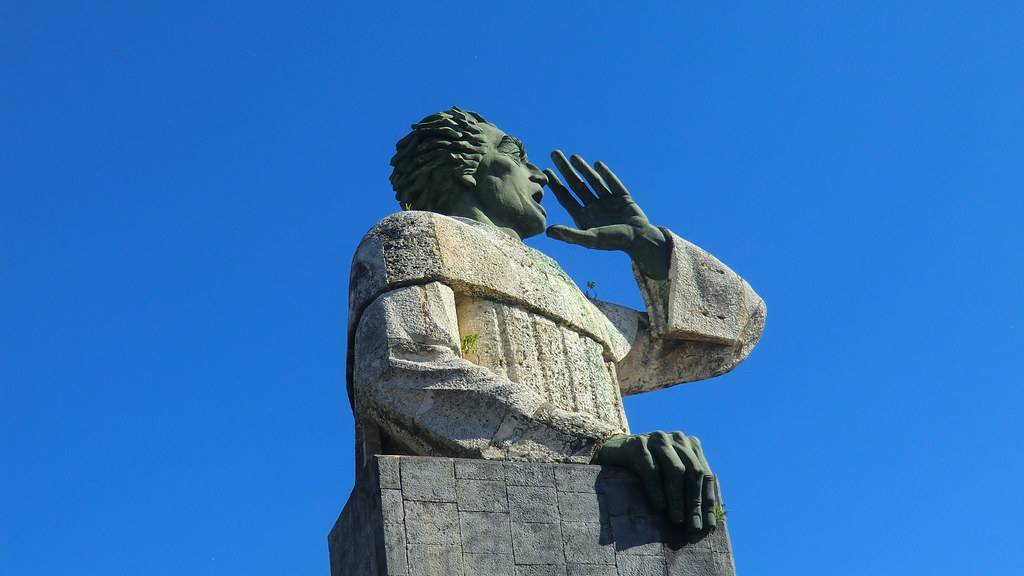Andover Select Board’s liaison to the town’s Diversity, Equity and Inclusion committee wants the board to consider renaming Columbus Day to Indigenous Peoples’ Day in Andover.
Laura Gregory requested the board put the item on the agenda for its next regular meeting on March 13. She said DEI had sent a request on Jan. 4 for the select board to discuss the committee’s proposal. In addition to renaming the holiday on the second Monday in October, DEI wants the select board to have a “community dialogue around this anticipated change.”
“It’s almost March, and we haven’t had it on a meeting,” Gregory said. “I just request we get this on the next meeting. It’s too bad we couldn’t do it tonight because we’re getting [an update from DEI]. It would have been a good opportunity to discuss it.”
More Select Board Coverage:
- Select Board Chair: Cut Taxes With Unexpected State Aid
- Survey Raises Inclusion Concerns: Select Board Notebook
No other select board members responded to Gregory’s comments during the portion of the meeting for updates from board members.
More than two dozen Massachusetts towns have already changed the name of Columbus Day, and Massachusetts lawmakers are considering legislation changing the name of the holiday statewide. A Massachusetts advocacy group is also pushing for the change. President Joseph Biden declared last years’ holiday on Oct. 10, Indigenous Peoples’ Day.
Those efforts, however, have often led to controversy. Many Italian Americans mark the day as a celebration of their ancestry. Indigenous Peoples’ however, note Columbus’s landing in the Americas led to one of the largest genocides in human history.
Columbus Day marks the anniversary of Christopher Columbus’s landing in the Americas in 1492. It was first celebrated on Oct. 12, 1792 by Tammany Hall in New York. President Benjamin Harrison declared a one-time national celebration on the 400th anniversary of the landing in 1892 and following the lynching of 11 Italian Americans in New Orleans. Harrison’s proclamation was also seen as part of a wider effort to ease diplomatic tensions with Italy.
In 1934, Congress passed a statue calling on the President to annually proclaim Oct. 12 Columbus Day after a Knights of Columbus lobbying effort. Efforts to make it a permanent holiday stalled in 1941, when Italian and Italian Americans were interned and lost rights as “enemy aliens.” In 1966 the National Columbus Day Committee formed to lobby to make Columbus Day a federal holiday.
President Lyndon Johnson signed a bill in 1968 making it a federal holiday, beginning in 1971.
Photo licensed under Creative Commons: “Dominican-Republic – Santo Domingo: Christopher Columbus statue @ harbor” by Traveller-Reini is licensed under CC BY-NC-SA 2.0.

